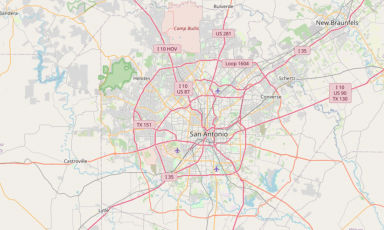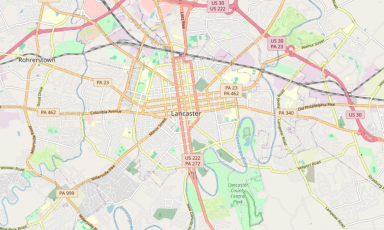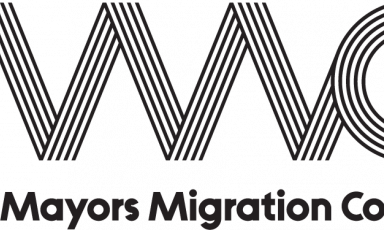Sfax, Tunisia
Multi-stakeholder cooperation projects to ensure migrant access to services amidst COVID-19
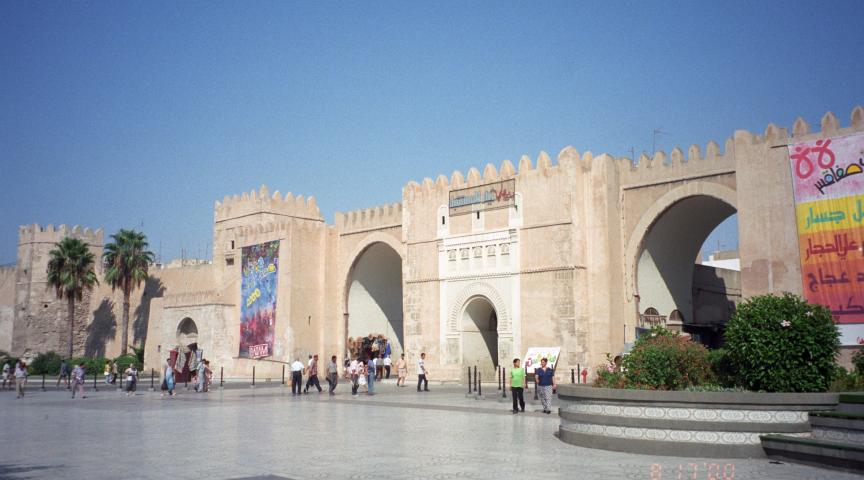
Summary
In Sfax, an underestimated number of migrant people were in need of information and access to health and social services when the epidemic of COVID-19 started. Many had lost jobs and were in need of support to livelihood. Their conditions worsened with the need to lock-down and exercise quarantine. Additionally, the Municipality faced three key challenges:
- The absence of a national normative framework for the protection of migrants.
- The Municipality had no defined competence to act in favor of migrants.
- Lack of coordination between the Municipality and the decentralized authorities
As part of COVID-19 recovery efforts, the local government of Sfax initiated an evidence-based crisis response to ensure that migrants had an uninterrupted access to services:
- The municipality of Sfax launched an official appeal, calling upon local civil society, refugee and migrant associations, investors and citizens to join a solidarity initiative for refugee and migrant communities in precarious situations;
- The municipality called upon IOM for assistance, which led to the distribution of care packages and vouchers to vulnerable migrants and refugees in the city; the associations of migrant students and entrepreneurs played a key role during such crisis management.
- The municipality of Sfax leveraged existing cooperation with a wide range of civil society organizations, migrant and refugee-led associations and the local university to provide information on quarantine measures and access to essential services to vulnerable populations, who were difficult to reach through official channels;
- In order to ensure universal access to health care for all persons suffering from COVID-19, the Mayor of Sfax called upon the Governor of Sfax and the Regional Health Directorate to allow migrants to access sanitary services and COVID-19 testing and treatment in the hospitals irrespective of legal status. The municipality has also followed up on this call to action by collaborating with other decentralized actors and the organization “Médecins du Monde” to ensure non-discriminatory access to health services and testing;
- In the spring 2020, the City of Sfax reached out to IOM and “Terre d’Asile Tunisie” to coordinate support for vulnerable populations
The Sfax municipality also followed up these initiatives with the following further actions to support the access of migrant people to services:
- Vaccination of the migrants in the city and the entire region in collaboration with the Ministry of Health and Médecins du Monde.
- Direct assistance and support towards access to health and medical products to migrants and refugees
- Economic support for migrants through donation companies with the help of local civil society actors.
- Accompanying local, national and international actors to enhance information, awareness and communication on the migration issue.
Impact
- The migrant population that has benefited from the Sfax Municipality’s initiatives since March 2020 is close to 5000, of which 2000 are women.
- Apart from facilitating emergency response and access to services to migrant populations amidst the pandemic, a concrete outcome for planning long-term strategies was the onset of municipal efforts to gather data on the presence of migrants in the city. While the municipality, prior to the COVID crisis, had been aware of the fact that a high number of migrants were living and working in informal environments, the joint crisis response allowed the officials to correct the assumed number from 1,000 – 1,500 individuals to 5,000 – 7,000, who were in need of assistance in the urban and peri-urban areas. Building on this new evidence base, the Municipality did not only manage to come to a more realistic estimation of short-term needs but is also planning to use this information for mid to long-term recovery efforts.
- An initial assessment of data gathered shows that the population living in informal conditions come from a more diverse geographic background than expected and that at least 50% are women and girls. This newly acquired knowledge will prove essential for the city in tailoring gender-sensitive support and upholding the rights of children in crisis management and recovery efforts.
Priority Objectives
Engaging in regional and multilateral partnerships and increasing city-to-city cooperation
Improving migration governance and forced displacement protection
Protecting those most vulnerable
Providing access to urban infrastructure, social services, and education regardless of status
Realising socio-economic inclusion
Country
Tunisia
Local or regional government
Sfax
Mayor
Mounir Elloumi
Start of Project
End of project
Website
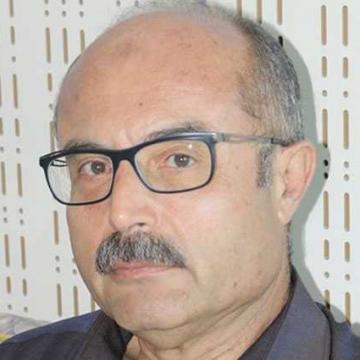
“COVID-19 compels us to look together for solutions for a real integration of migrants in our cities and territories. I hope that this pandemic will be the opportunity to definitively change the reality of migrants in Tunisia.”
Mounir Elloumi
Mayor of Sfax
